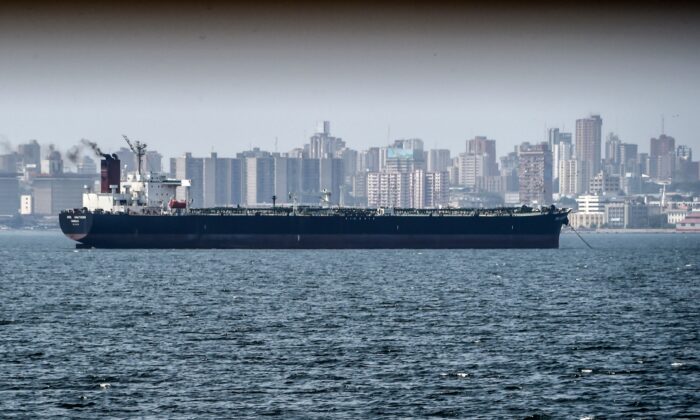This tariff will particularly affect Venezuela’s top oil customers, China and India.
President Donald Trump said Monday that he would impose a 25% tariff on countries that buy oil and gas from Venezuela.
“Therefore, countries that buy oil and gas from Venezuela will be forced to pay the US a 25% tariff on trade with our country,” he continued. “All documents will be signed and registered, and customs duties will be made on April 2, 2025, on the day of the United States Liberation.”
If implemented, tariffs will particularly affect Venezuela’s top oil customers, China and India. In particular, Chinese private refiners continue to be one of the most resilient buyers of Venezuelan crude oil, taking advantage of discounted barrels that are subject to global sanctions.
Venezuela is also a major supplier of oil to the United States. Venezuelan crude exports reached new highs before the Trump administration pushed to close a joint venture between Venezuela state-owned Petroleos de Venezuela SA and US oil giant Chevron.
The Biden administration granted permission for Chevron to resume its operations in exchange for Maduro’s pledge to ease sanctions against Venezuela in 2022 and work with opposition parties on democratic reform. After Maduro insisted on reelection in a widely contested vote, Trump believed the agreement had been broken.
“Therefore, I am ordering that at the time of the March 1 renewal option, the Biden “concession contract” that is invalid and unfulfilled,” Trump announced.
Trump’s latest attempt to limit Venezuela’s oil, the lifeline of the Maduro government, is in line with efforts to promote the deportation of members of the Tren de Aragua Gang, a criminal network born out of Venezuelan prisons. His administration carried out a series of deportations under the law of 1798. This allows the president to expel foreigners during a threatened or ongoing “invasion or predatory invasion.”
What to expect on April 2nd
Trump’s mention on April 2 refers to the date that his administration is set to announce new mutual tariffs on US trading partners with the goal of leveling out trade imbalances and protecting domestic industries.
According to Treasury Secretary Scott Bescent, individual countries receive mutual tariffs that level the playing field with that country. The final amount depends on a wide range of factors.
“We’re going to create a list of tariffs in other countries on April 2,” he said in an interview with Fox Business Network on Tuesday. “We went to them and said, “Look, I think there’s tariff levels, non-tariff barriers, currency manipulation, unfair funds, labor control.
The secretary expressed optimism that many of the new tariffs may not actually be implemented as they are already moving to adjust trade policies prior to April 2nd.
“As we enter April 2nd, some of our worst trading partners have already come to President Trump’s offer… a huge reduction in very unfair tariffs,” he said.



